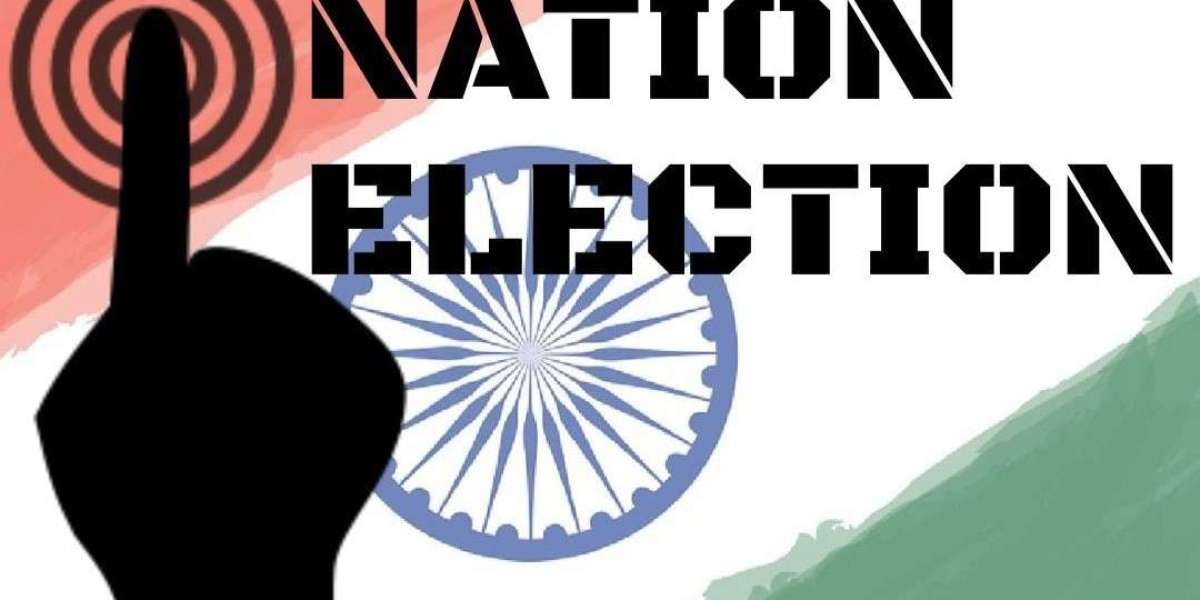The concept of 'One Nation One Election' has been a topic of considerable debate and discussion in Indian political circles. This ambitious proposal aims to synchronize the electoral cycles of the Lok Sabha (the lower house of Parliament) and state legislative assemblies across the country, fostering efficiency and reducing the frequent disruptions caused by staggered elections. While the idea presents several potential advantages, it is not without its share of challenges. This article explores the challenges and opportunities in implementing the 'One Nation One Election' initiative.
Challenges:
- Constitutional and Legal Hurdles:
The implementation of 'One Nation One Election' poses constitutional and legal challenges. Currently, the Indian Constitution mandates that elections must be conducted within a specific timeframe, and any attempt to synchronize them requires constitutional amendments. This could be a lengthy and complex process, involving consensus-building among various political parties and stakeholders.
- Political Opposition:
The proposal has faced resistance from several political parties who argue that it undermines the federal structure of the country. Critics contend that local issues might be overshadowed by national concerns, and smaller regional parties could find it challenging to compete against larger, national parties in a synchronized election.
- Logistical and Infrastructural Issues:
India's diverse geography and population size make the logistics of organizing simultaneous elections a formidable task. Ensuring the availability of adequate security forces, election officials, and infrastructure simultaneously across the vast expanse of the country is a logistical challenge that cannot be underestimated.
- Financial Implications:
Conducting elections is an expensive affair, and holding simultaneous elections would entail a substantial financial burden. The need for increased financial resources to organize synchronized elections could strain the already stretched finances of both the central and state governments.
Opportunities:
- Reduced Electoral Expenditure:
One of the primary advantages of 'One Nation One Election' is the potential reduction in electoral expenditure. Synchronized elections would result in substantial cost savings as campaigning and election processes would be streamlined, minimizing the need for repeated mobilization of resources.
- Governance Stability:
A synchronized election cycle could lead to a more stable political environment, as it would reduce the frequency of elections and the associated political disruptions. This stability could provide elected representatives with a longer tenure to focus on governance and policy implementation, fostering better outcomes for the nation.
- Increased Voter Turnout:
Simultaneous elections could lead to increased voter turnout as voters would be required to cast their votes only once in a given electoral cycle. This might result in a more engaged and informed electorate, contributing to a healthier democratic process.
- Policy Continuity:
Synchronized elections could contribute to better policy continuity, as changes in government at different levels would occur simultaneously. This could lead to more coherent and consistent policy frameworks, avoiding abrupt shifts in governance.
Conclusion:
The 'One Nation One Election' initiative presents both challenges and opportunities for the Indian democratic system. While the idea of synchronized elections holds the promise of enhanced efficiency and stability, it necessitates careful consideration of the constitutional, political, logistical, and financial implications involved. Striking a balance between the advantages and challenges will require extensive dialogue and collaboration among political stakeholders to ensure that any implementation aligns with the principles of democracy and the federal structure of the nation.


